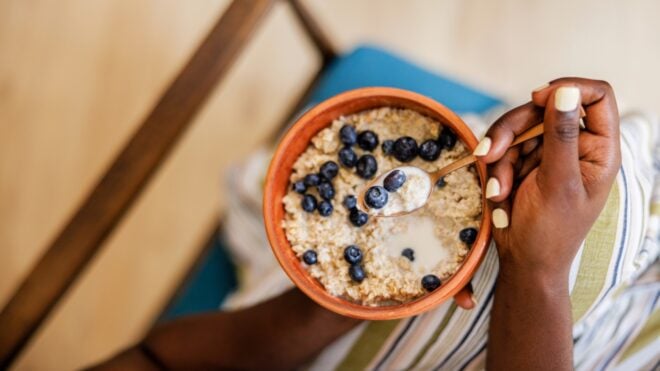In my experience, almost nobody goes out of their way to eat an unhealthy diet.
After all, just about each of us has a strong incentive to eat a healthy, fulfilling diet. From simple weight loss to attempting to control or prevent an illness like prediabetes, eating the right foods can make a huge difference.
Unfortunately, however, we aren’t always as savvy about a healthy diet as we think we are.
There are a few obvious no-no’s, like donuts or deep-fried anything — but there are lots of sneaky ingredients and unexpected culprits that lots of us eat without knowing the damage they could be doing.
So, what foods do we really need to be looking out for?
Doctors are generally full of helpful advice that can target individual health problems, but when it comes to a broad-spectrum list of foods that should simply be off-limits, it makes the most sense to take a close look at what doctors eat, and, more importantly, what they don’t eat.
After all, doctors know better than anyone what the wrong foods can do to your health!
Check out the list below of foods doctors will never touch — and let us know your thoughts in the comments!
Thumbnail Credit: Flickr
1. Processed Meats
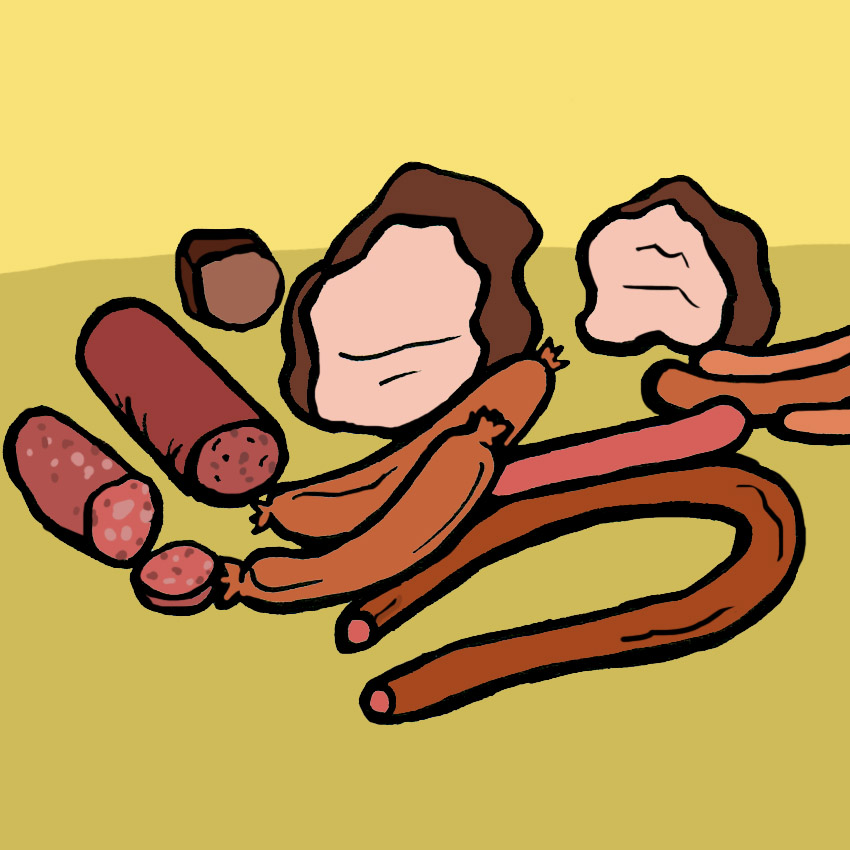
Processed meats are one of the top offenders on most doctors’ lists.
It’s a category that includes beloved treats like bacon, cold cuts, and sausage, which are often high in fat, cholesterol, and preservatives.
Even leaner meats like turkey are questionable.
Dr. David Greuner , a cardiologist, told MSN that cold cuts are “the least nutritious byproducts of animals.”
2. Diet Soda
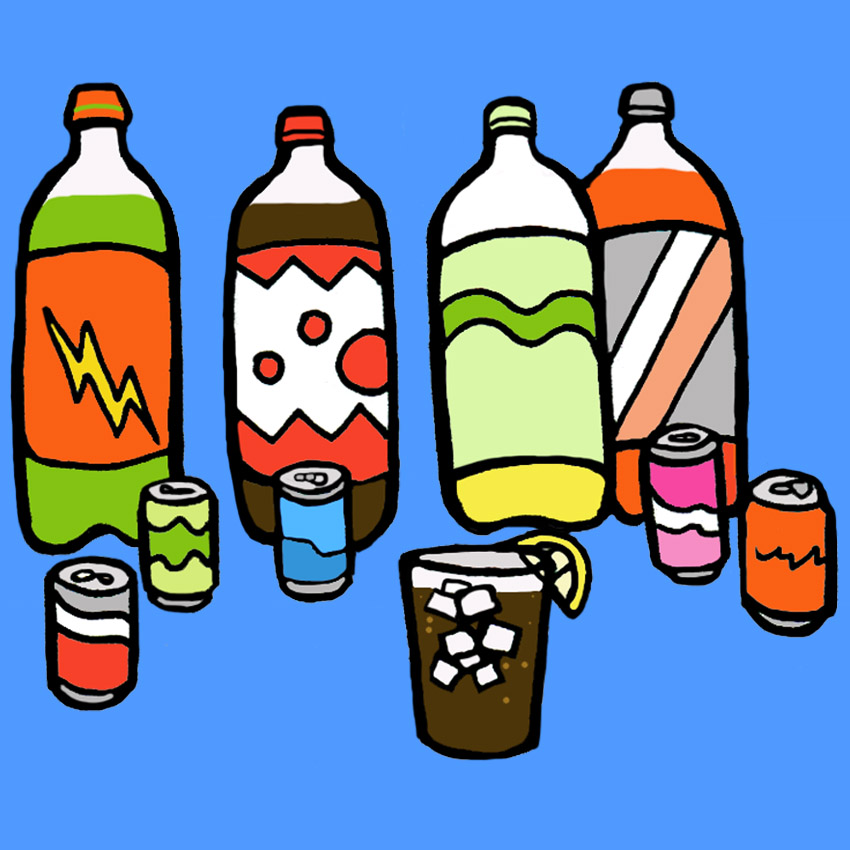
Soda is one of those no-brainers that we’ve all been warned about more times than we can count.
We know soft drinks are full of empty calories, so we switch to “diet” versions that are just as bad, if not worse.
They can make us crave more and more sweets in our diets, and have even been linked to higher obesity rates.
3. Microwave Popcorn

Celebrity doctors like Dr. Mehmet Oz have gone on record proclaiming microwave popcorn a no-go in recent years.
According to the experts, a chemical called diacetyl in the butter flavoring can cause respiratory problems, including "popcorn lung."
Meanwhile, the bag’s lining is even more dangerous because it contains a cancer-causing chemical called perfluorooctanoic acid.
4. Skim Milk
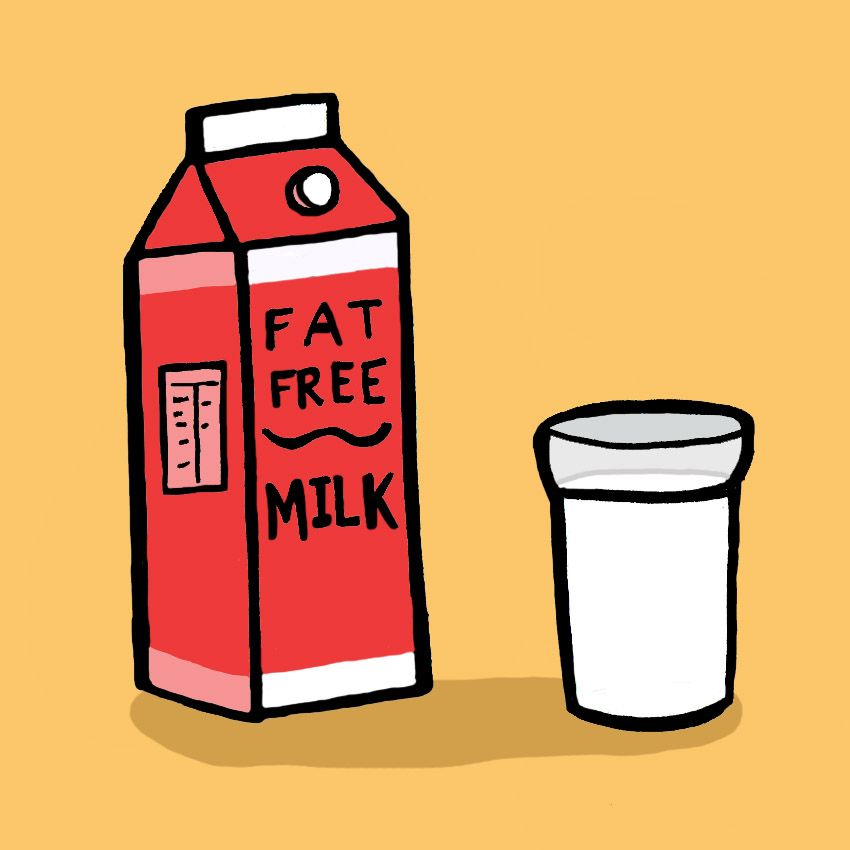
Whole milk has been given short shrift for decades, largely because of its high levels of saturated fat.
Recently, however, all of that negativity is being debunked, and skim milk is the dairy product under scrutiny.
New evidence notes that whole milk has more nutrients and makes people feel fuller for longer than skim, and studies indicate that drinking whole milk has no effect on obesity levels.
Dr. Sara Holmberg even went as far as to tell Time, “I believe high-fat dairy is less likely to contribute to obesity than low-fat dairy.”
5. Artificial Colorings
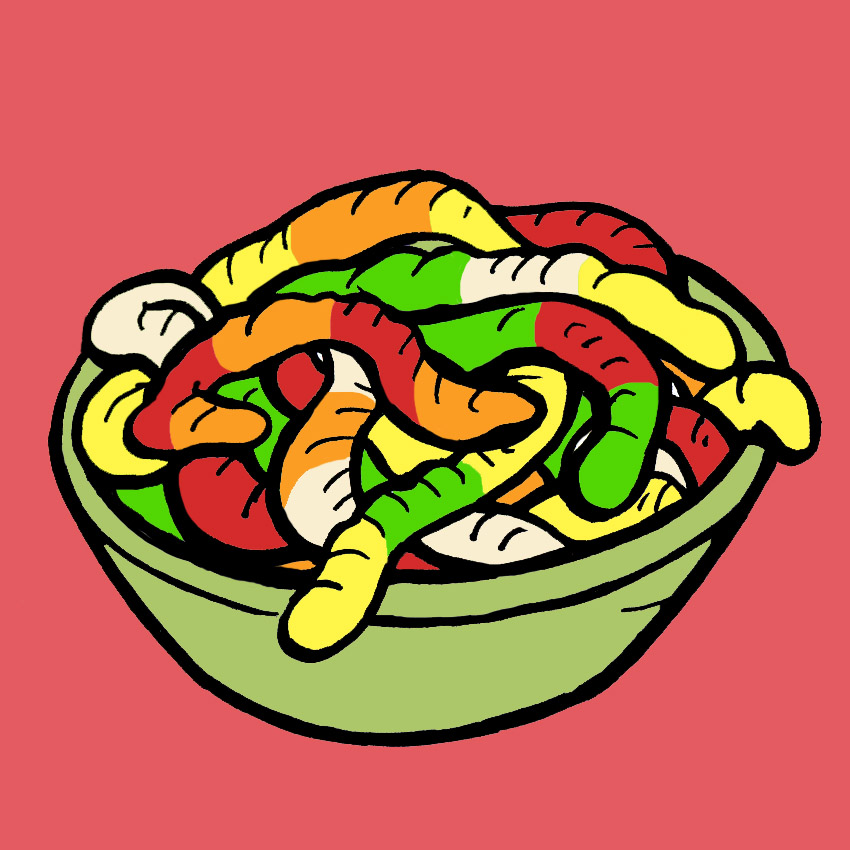
Nobody is laboring under the illusion that candy is good for us, but many don't realize exactly why so much of it is considered unhealthy.
Sure, the sugar and artificial flavorings aren't great, but it's the artificial colorings you really have to watch out for.
Dyes with names like Red 40 and Blue 1 appear in tons of our food, not just in brightly colored candy, and are still being evaluated for health risks.
One extremely common dye, Yellow 5, is under evaluation here in the U.S., but has already been banned in most of Europe.
6. High-Fructose Corn Syrup

High-fructose corn syrup is one of the most commonly touted examples of the dangers of highly processed food.
Used as a sugar substitute, it ends up in tons of our breads, sugars, and cereals, where it can wreak havoc.
Like added sugar, it's associated with higher rates of obesity and Type 2 diabetes, and, according to the Mayo Clinic, it's not clear whether the body processes it differently from ordinary sugar.
7. White Flour
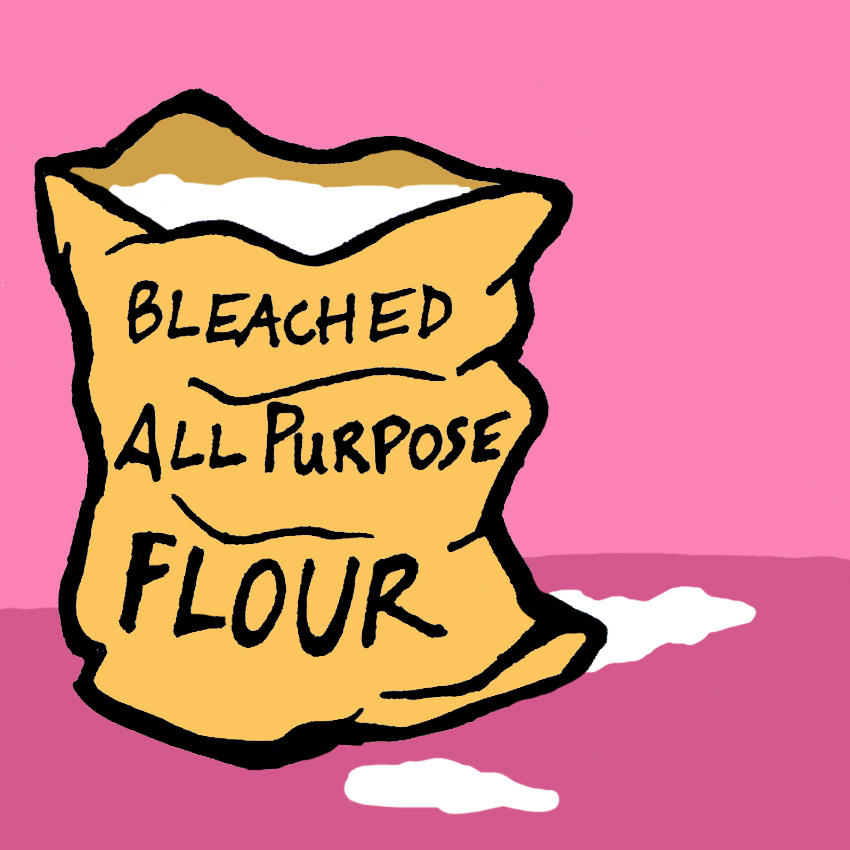
You probably never think twice about the all-purpose flour in your cupboard, but here's why you should give it a second look: it might be bleached.
The general public knows that whole flour is healthier than white, but not everyone knows that the white color is partially achieved by actually bleaching it, a purely aesthetic step that adds nothing to the flavor or nutrition.
In fact, whole flour is generally considered much more flavorful, and contains many more vitamins, fatty acids, and proteins, according to Dr. Mercola of Mercola.com.
8. Ice Cream

Now, this is one that nobody wants to hear, but many doctors agree that ice cream is a food that we should all avoid.
Nutritionist Dr. Michael Hirt actually once called it "the worst food for humans," citing the high levels of hormones, artificial additives, and sugar.
Of course, while all of that might make mass-market ice cream off-limits, going for organic, all-natural ice creams instead might be better for the occasional treat!
If you're fascinated by the medical community's no-nonsense stance on these unhealthy foods, make sure you SHARE on Facebook, and let us know which foods surprised you the most!



